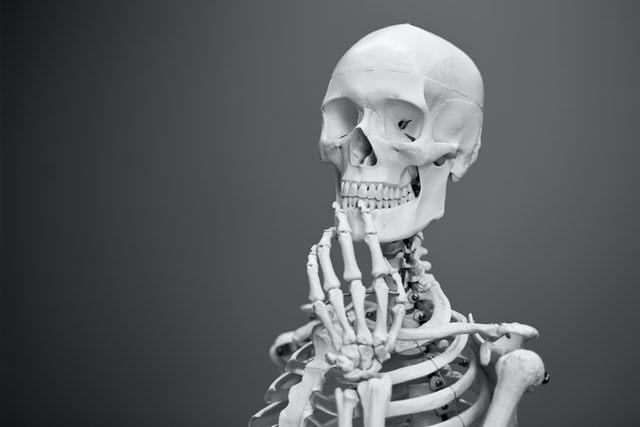
What Women Should Know About Bone Health?
Taking good care of your bones is highly important, especially in your growing years. Strong bones can help you face the challenges of life as you age, such as preventing fractures and lowering your risk of developing osteoporosis.
However, not many of us are fully aware of our bone health. Speaking of women, for continuous good bone health it is vital to remember to have a woman’s health check as they experience more body changes than men. Regular checks can help prevent health issues and provide information which helps your body stay healthy for longer. Having a professional look into your health can also provide peace of mind.
Read this post to find out interesting facts about women’s bone health.
Women’s Bone Health Peaks Early
The peak bone health for most women occurs when they reach their 30s. This is different for men as their bones can be quite dense even as early as 18 when testosterone is at its peak.
Additionally, most women experience minimal changes towards their bone mass starting from age 30 up to menopause. Therefore, it remains a key factor that you should focus on caring for your bone health at the early stages of life.
You May Be Prone to Bone Issues
Osteoporosis is a serious bone condition that tends to affect women more than men. Similarly, women experience more complications related to bones.
In addition, they have lighter and thinner bones which results in low bone mass. Moreover, to make things worse, estrogen levels in women decrease drastically after menopause. This is not good for bone health as estrogen is a hormone that protects your bones.
However, you can improve your bone health by taking a nutritious diet and exercising regularly which should strengthen your bones over time.

Menstrual Cycle
Extended menstrual cycles affect your peak bone density as it interrupts mineral accrual. So, you need to focus on eating well to increase bone mass and estrogen. In addition, monitoring menstrual periods is an important factor. Consider checking in with a professional which can be done with a woman’s health check.
Balanced Diet
Vitamin D is vital for allowing your bones to absorb calcium effectively. In addition, increased Vitamin D levels prevent you from losing stored calcium in your bones. As a result, it makes your bones stronger.
Therefore, you should consume calcium-fortified and Vitamin D-rich foods to improve your bone health.
Physical Activity
Exercising regularly can benefit your bone health. It boosts cell growth and makes your bones stronger. Therefore, you should walk and jog every day. In addition, weight-bearing activities such as dancing and aerobics are a bonus for your bone health as they are strengthened through this activity.
Motherhood and Bone Health
For a mother to be, a fetus requires a good supply of calcium. However, if you do not have sufficient calcium; your baby will draw their requirements from your bones. In addition, breastfeeding also causes you to suffer from bone loss. However, you should not worry about it, as you can recover the bone loss later. To avoid any unwanted depreciation of bone density and maintain healthy bones even during motherhood, it is recommended that you consume a healthy diet necessary especially for gaining the bone density you may have lost.
Final Thoughts
Women are special creatures, so they need special care for their bone health. Strong bones lead to a stronger you, which is why you should give proper attention to your bone health. Balance your weight, exercise daily and consume a healthy diet to improve your bone density. In addition, to monitor your health through a woman’s health check, you should consult your health care provider to run regular bone scans to identify any bone issues.

